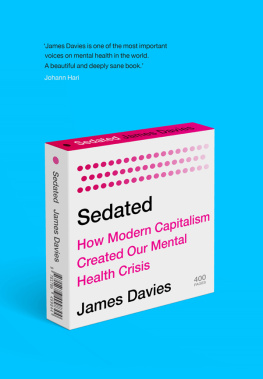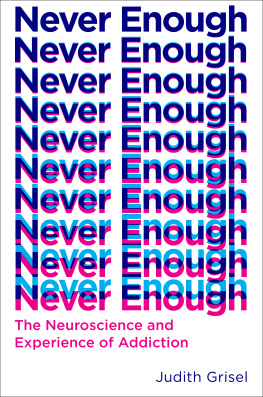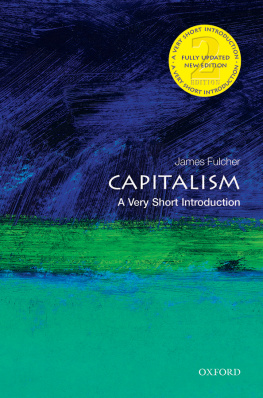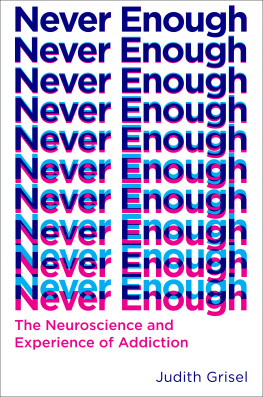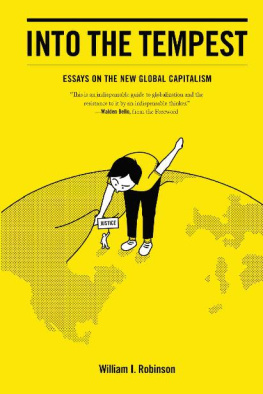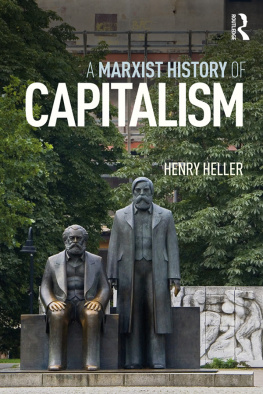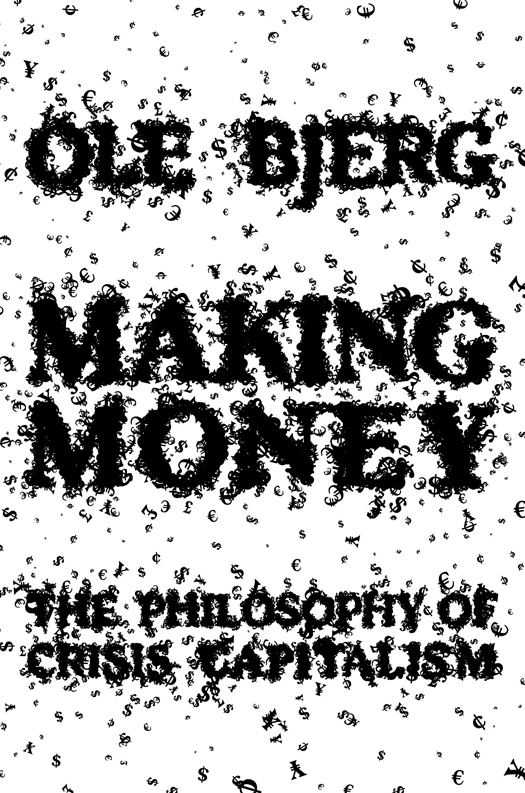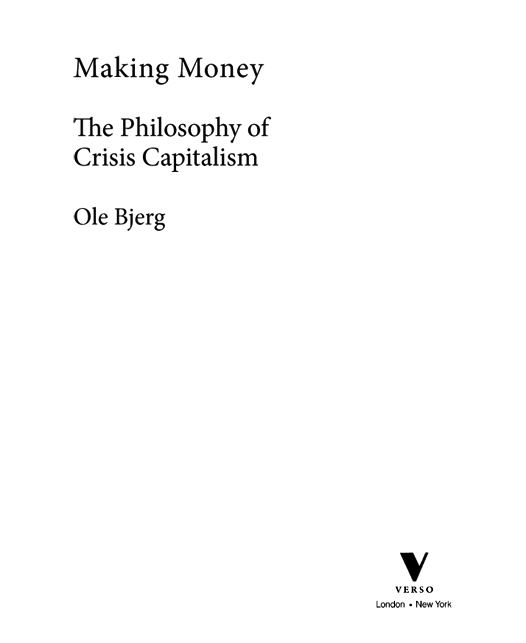First published by Verso 2014
Ole Bjerg 2014
All rights reserved
The moral rights of the author have been asserted
Verso
UK: 6 Meard Street, London W1F 0EG
US: 20 Jay Street, Suite 1010, Brooklyn, NY 11201
www.versobooks.com
Verso is the imprint of New Left Books
ISBN-13: 978-1-78168-266-1 (HBK)
ISBN-13: 978-1-78168-265-4 (PBK)
eISBN-13: 978-1-78168-642-3 (UK)
eISBN-13: 978-1-78168-267-8 (US)
British Library Cataloguing in Publication Data
A catalogue record for this book is available from the British Library
Library of Congress Cataloging-in-Publication Data
A catalog record for this book is available from the Library of Congress
v3.1
For Simon
Contents
Introduction: Seinsvergessenheit and Money
This is a book about how to make money. The phrase making money has a double meaning. The first and most immediate meaning refers to the circulation and distribution of money in the world. When someone starts a working day with the declaration: Lets make some money!, it typically means: Lets appropriate a portion of the existing pool of money already in circulation in the economy. But, if we take the phrase literally, making money has another meaning that refers to the procedure whereby new money comes into being and is introduced into the economy.
In the first interpretation, making money is something that a lot of people think about a lot of the time. How can I make some money? This is a question that most people have to ask themselves from time to time. For some, the question is a matter of survival. They need to make some money in order to put food on the table and pay their bills. For others, it is an existential question defining who they are and how they fit into the social order. And, for most people, the question probably hinges on a combination of both survival and identity.
In the second and more literal interpretation, making money is something few people think about. Where does money come from? How does money come into the world? Who makes the money that we use in our everyday economic interactions? These kinds of questions seem to receive relatively little attention considering the scope of our preoccupation with money in contemporary capitalism. According to Martin Heidegger, the most difficult things to think about and understand are often the ones that are closest to us, the things we take for granted. Our familiarity with a particular thing seems to stand in the way of the reflection and speculation that is necessary to reach a deeper understanding of the thing. This applies, for instance, to language. Language is such a natural part of our being that even small children know how to use it. Nevertheless, few if any people can claim to have a full understanding of what language actually is. The same paradox applies to money. We use money every day. It is a key component in many of our interactions with other people and in our perceptions of the things surrounding us. Nevertheless, the fundamental nature of money remains for the most part taken for granted.
This fact plays out not only in individual peoples everyday dealings with money, but also in our collective political imagination. The critical economic situation that came about in 20078 as an increasing number of defaults among American homeowners strained banks and financial institutions, eventually causing the collapse of Bear Stearns and Lehman Brothers, was immediately named a financial crisis. While this naming may have seemed to merely register the fact that alarming events were indeed unfolding in financial markets and major financial institutions, the term financial crisis created a particular framing of the situation, preconditioning certain interpretations and solutions. First of all, the term financial suggested that the critical situation that came about was a result of the way that activities and assets in the economy were priced and the way that capital was allocated to fund them. Secondly, the term crisis suggested that the situation was an exceptional deviation from a normal state. Crises maybe overcome, allowing us to return to normality.
Understanding the situation as a financial crisis invites the explanation that the problem lies in the way that individuals and institutions make money in financial markets. Bankers are greedy and immoral, financial models are out of sync with economic realities, regulators are naive, corrupt or both, and the combination of these three factors leads to the exploitation of ordinary people, who in turn lack the ability to restrain their desire for excessive consumption funded by cheap credit. Invoking this type of explanation, we think in terms of the first meaning of the phrase making money. While such explanations do indeed hold true to an extent, they tend to divert our attention away from the second meaning of the phrase, which has to do with the more fundamental issue of the way money comes into being in contemporary capitalism.
Heidegger may provide us with the concepts to make a philosophical distinction between the two meanings of making money. At the heart of his thinking we find the ontological difference between beings ( Seiende ) and Being ( Sein ). When something is investigated as a being it is approached as an individual entity among other entities. The purpose of the investigation is to map out the properties distinguishing it from other beings and to explore its relations to other beings. Investigations of particular beings are structured around questions of the form What is X? Such questions might include: What is Man? (Is it rational, is it animal, is it moral?, etc.); or, What is the world? (Is it real, is it an idea, is it knowable?, etc.).
In contrast to this kind of questioning, investigations of When Heidegger thus inquires into the Being of Dasein, it is crucial to note that the emphasis is on Being, not on Dasein. The focus of the investigation is the implication of to be. Heideggers is an investigation of the constitution of the Being of Dasein.
When we ask questions like How can I make some money?, How can this company make some money?, or even How can this country make some money?, we think of money merely as a being. Our concern is to intervene in the circulation of monetary entities in order to cause a redistribution of the money in a way that benefits us. But once we move beyond this immediate understanding of the phrase making money and start questioning the way money comes into being in the first place, we enter into the investigation of the very Being of money. In The The further metaphysical implications of Heideggers analysis of Nothingness point beyond the scope of our current investigation. However, the shift in emphasis is highly relevant to our analysis of money. Rather than falling into the intellectual traps of the question What is money? or even implicitly accepting existing answers to this question, our investigation is concerned with the question How is it that money exists?, or simply How is money?
In his sweeping critique of Western metaphysics, Heidegger coins the beautiful word Seinsvergessenheit , which translates into something like forgetfulness of Being. He claims that philosophy since even before Plato and Aristotle has been preoccupied only with the investigation of the world of beings, thus systematically neglecting the fundamental question of Being. Leaving aside the validity of Heideggers claim vis--vis the history of philosophy for more than 2,000 years, we may apply his thinking to the status of the question of money in contemporary capitalism.



